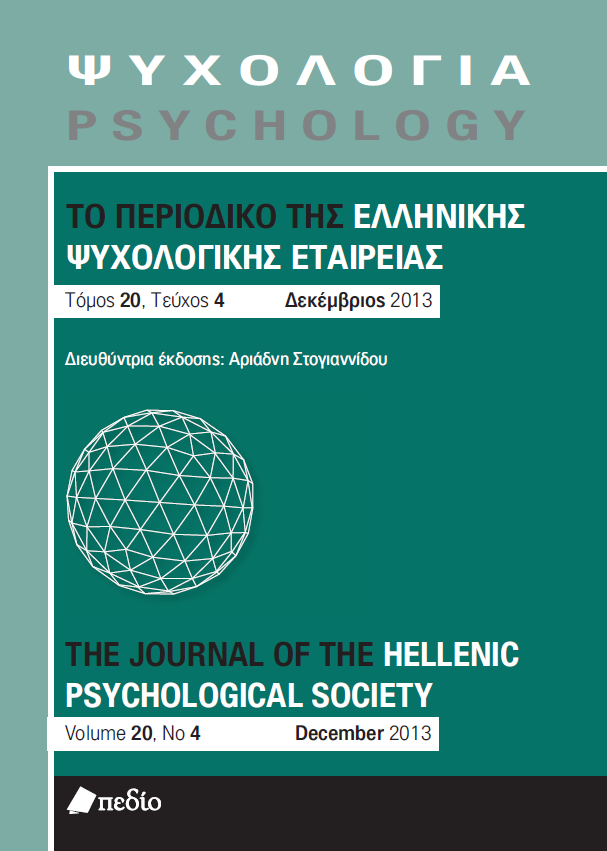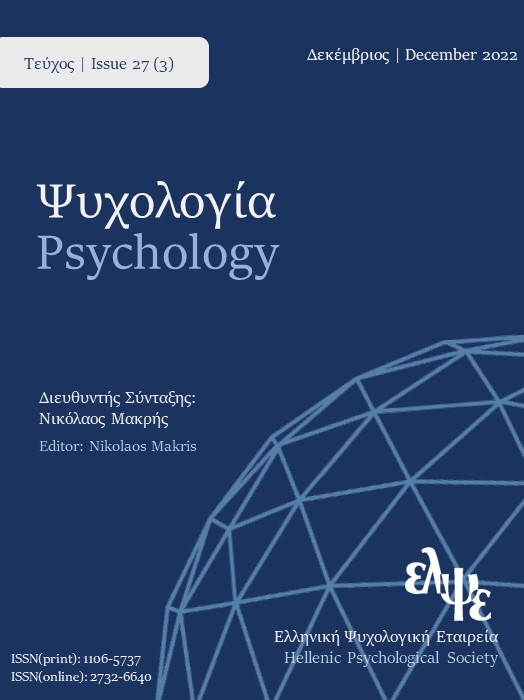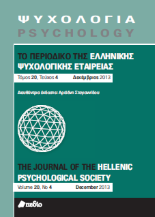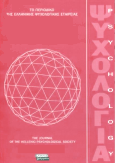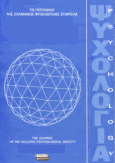Raising one or more children with autism: The social class dimension
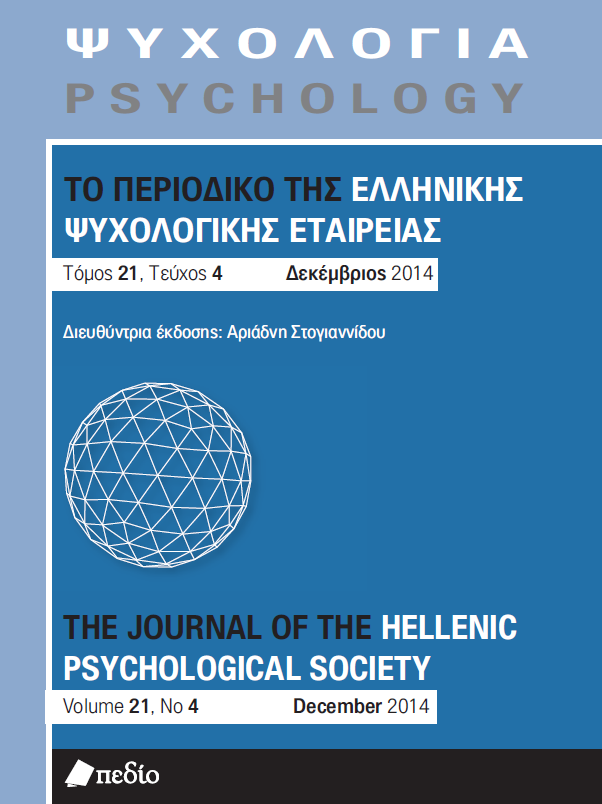
Abstract
The focus of the present qualitative study is the contextualization of the lived experience of mothers raising one or more children with autism, examining specific aspects, the real socio-economic life circumstances and their role on mothers’ access to resources, their mental health and overall quality of life. The initial main findings generated from the qualitative analysis of the interviews collected from 83 mothers from contrasting/opposite socio-economic positions, working class and economically privileged, are presented across four thematic nodes: a) the type and quality of the diagnostic experience, b) the quality of marriage, the support networks and social responses, c) the motherhood role and coping skills, and d) the explanatory models for the causation of autism and the experiences from “therapeutic pathways”. The qualitative analysis of the empirical material illustrated that factors directly relevant to the context of this experience, such as social position and access to resources, exert a critical influence on the biographic trajectories of these mothers, their psychological state and their overall quality of life.
Article Details
- How to Cite
-
Ζήση Α., Μαυροπούλου Σ., & Δαρδάνη Χ. (2017). Raising one or more children with autism: The social class dimension. Psychology: The Journal of the Hellenic Psychological Society, 21(4), 437–452. https://doi.org/10.12681/psy_hps.23511
- Issue
- Vol. 21 No. 4 (2014)
- Section
- RESEARCH PAPERS

This work is licensed under a Creative Commons Attribution-ShareAlike 4.0 International License.
The journal PSYCHOLOGY adopts a Platinum open-access policy. Submission, processing or publication costs are waived by the Hellenic Psychological Society. Papers published in the journal PSYCHOLOGY are licensed under a 'Creative Commons Attribution-ShareAlike 4.0 International' licence. The authors reserve the copyright of their work and grant the journal the right of its first publication. Third-party licensees are allowed to use the published paper immediately after publication as they wish, provided they retain the defined by the license copyright formalities, regarding the reference to its author(s) and its initial publication in the journal PSYCHOLOGY. Moreover, any adjusted work should be shared under the same reuse rights, so with the same CC license.



